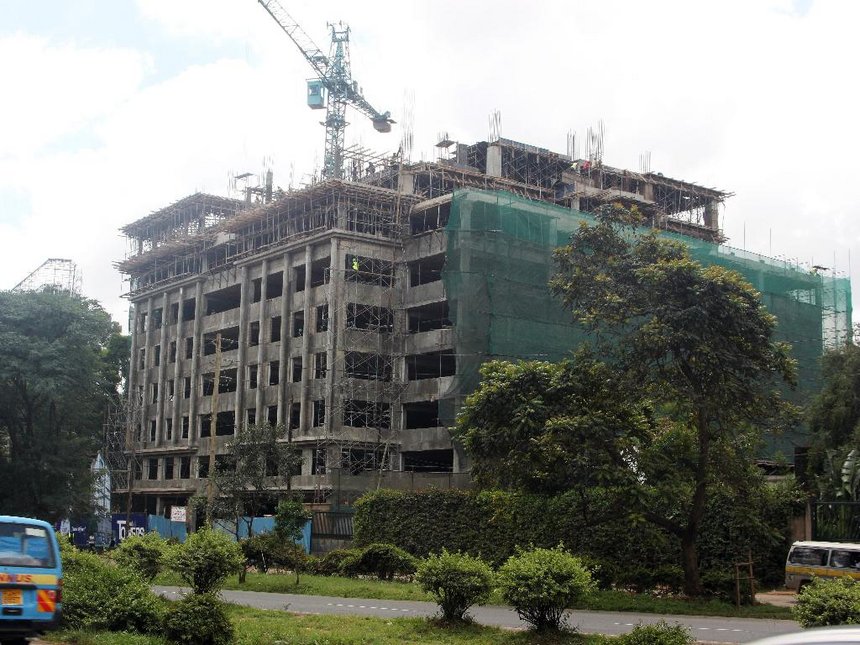Kenya is considered one of the most dynamic and developing Nations in Africa as far as construction industry is concerned. With thousands of commercial buildings, real estates and skyscrapers being erected daily, Kenya no doubt presents a whopping wide range of investment opportunities for aspiring investors.
Building a commercial building in Kenya and especially in major towns requires a number of permits before the official ground breaking process. As a result, there are several processes that have to be followed in getting the permits from the relevant authorities.
1.Submit architectural plan
The first step is to Submit the architectural plan which will enable the constructor receive a provisional building permit from the city planning department of the county that the building is to be set up. This process can take up to 30 days.
2. Obtain structural plan
The next step is to submit and obtain the structural plan approval and the final building permit from the planning department after incorporating the architectural plan and executing any changes that have been recommended. This process can take up to 10 days to complete.
3. Contract environmental expert
Upon obtaining structural plan approval, one then needs to contract an environmental expert who shall then give a project report on the environmental impact of the project to be submitted to Nema. It usually takes 5 days to complete this process.
4. Onsite inspection
Upon obtaining all these permits, full construction of the property can now commence though some approvals still needs to be obtained: There’s an onsite inspection of the building site after inspection has been completed by the municipal authority. This process can take up to 30 days.
One will receive an occupancy certificate once the building has been inspected and approved to be in compliance with the set architectural drawings. This may take 5 days.
5. Applying for water and sewerage connection
The last step is applying for water and sewerage connection as well as electricity connection to the building. Before water and sewerage connection, a survey has to be done to determine fees estimate needed after which the fees, the company’s registration form, the PIN number and the application form are all sent to the relevant water authority for approval.
Upon completion, connection and installation may begin. The same applies for the electricity connection. All the above steps are the key issues needed in all construction industries in Kenya.
The number of contractors operating in Kenya is so high hence one is advised to choose the most appropriate contractor who will suit their needs and who is within the individual’s budget. The contractor should also have a proven track record and is reliable to finish the job within the stipulated time period.


